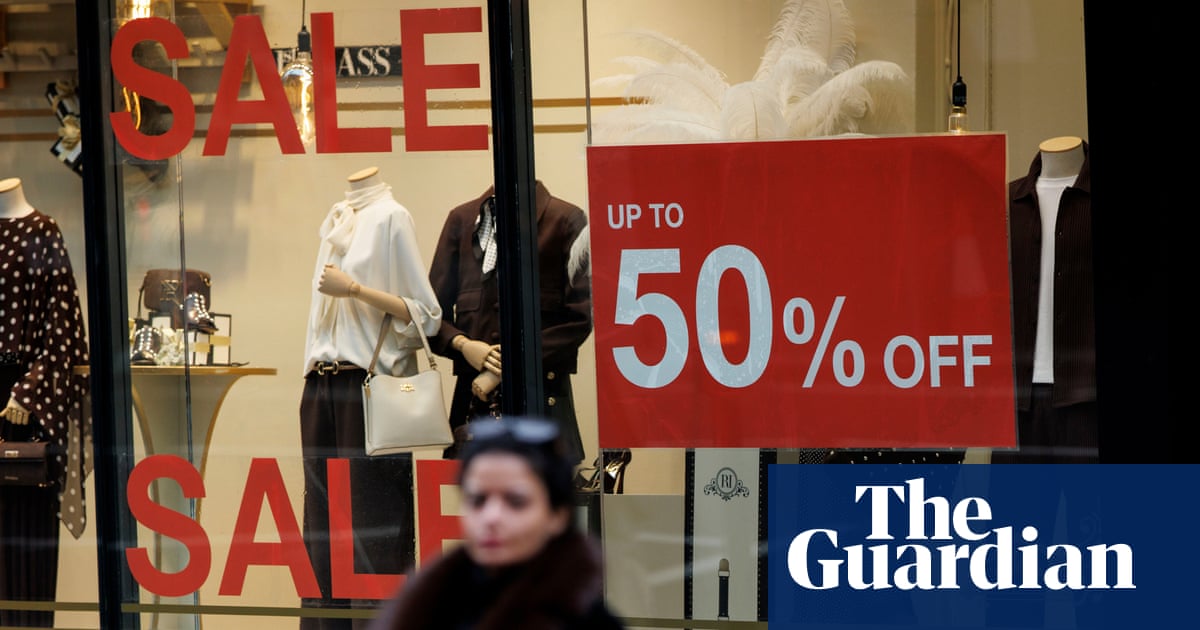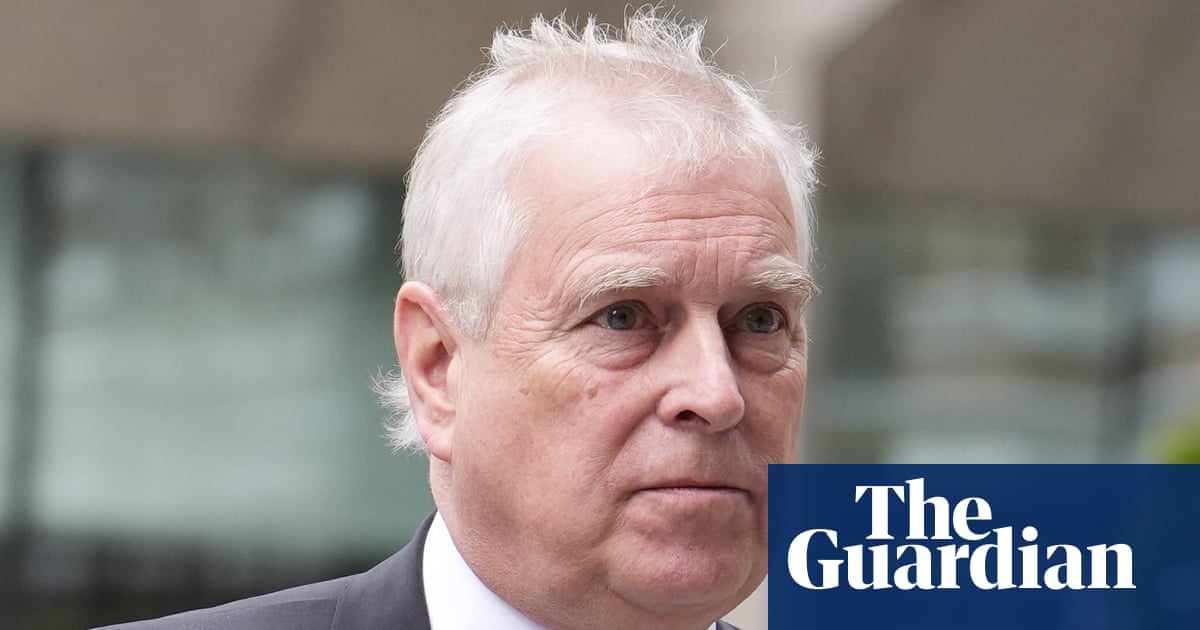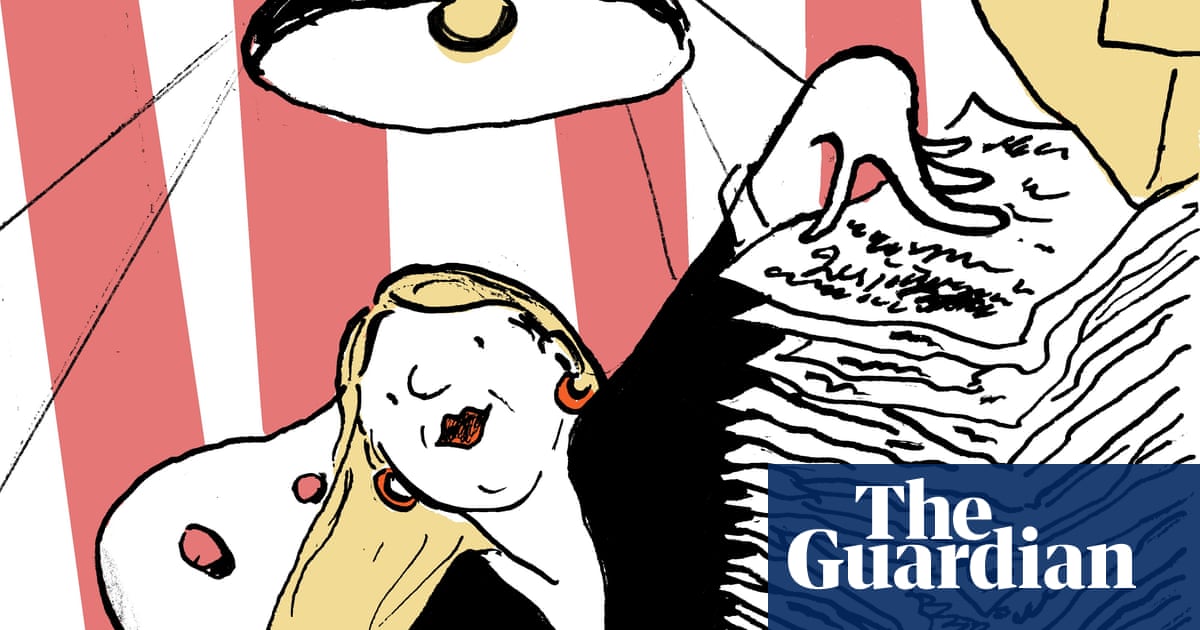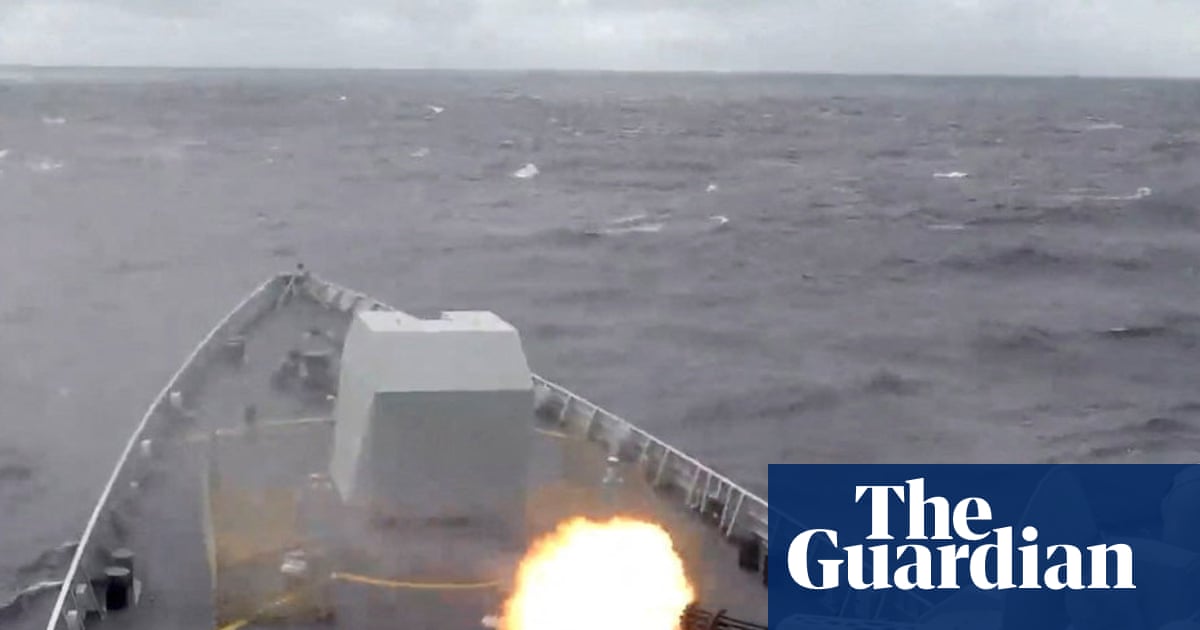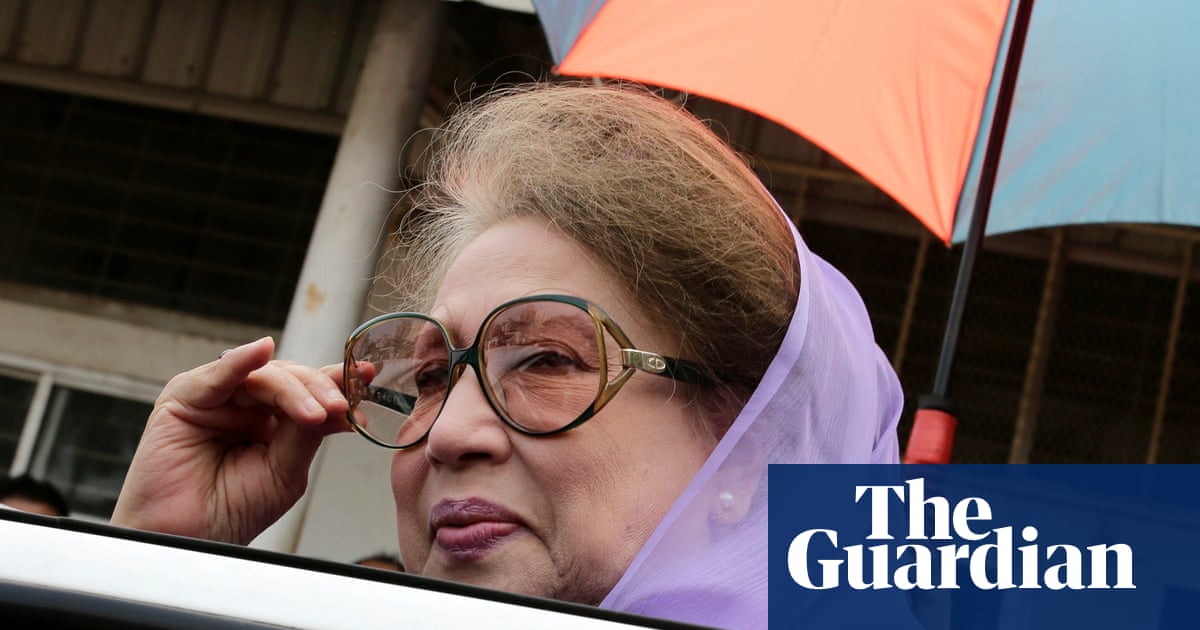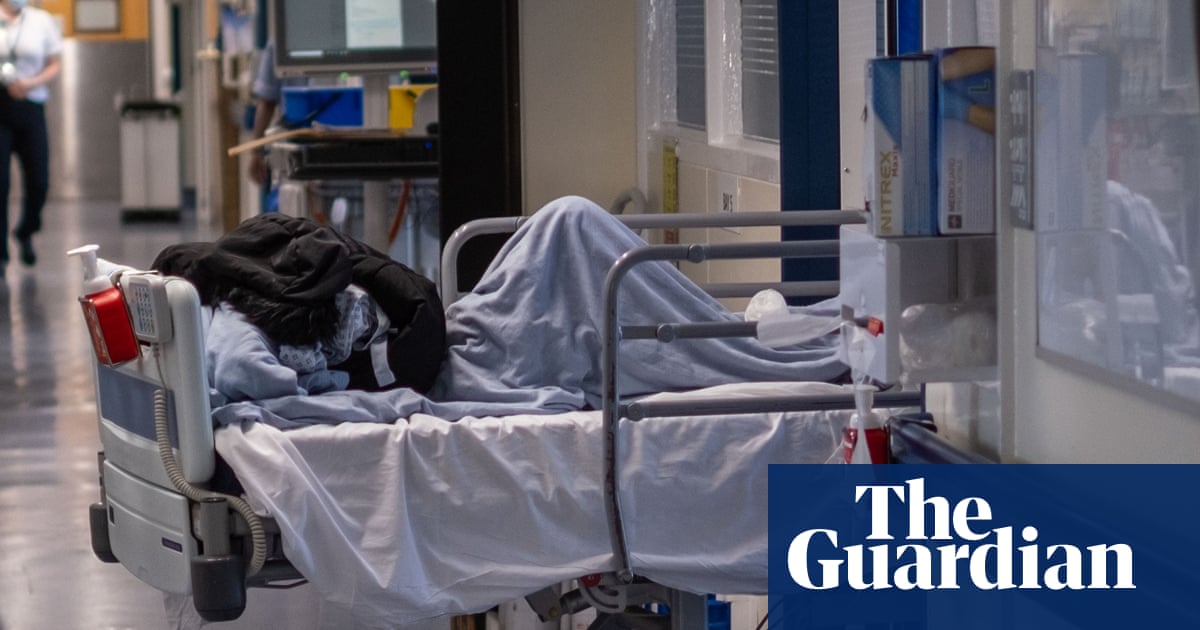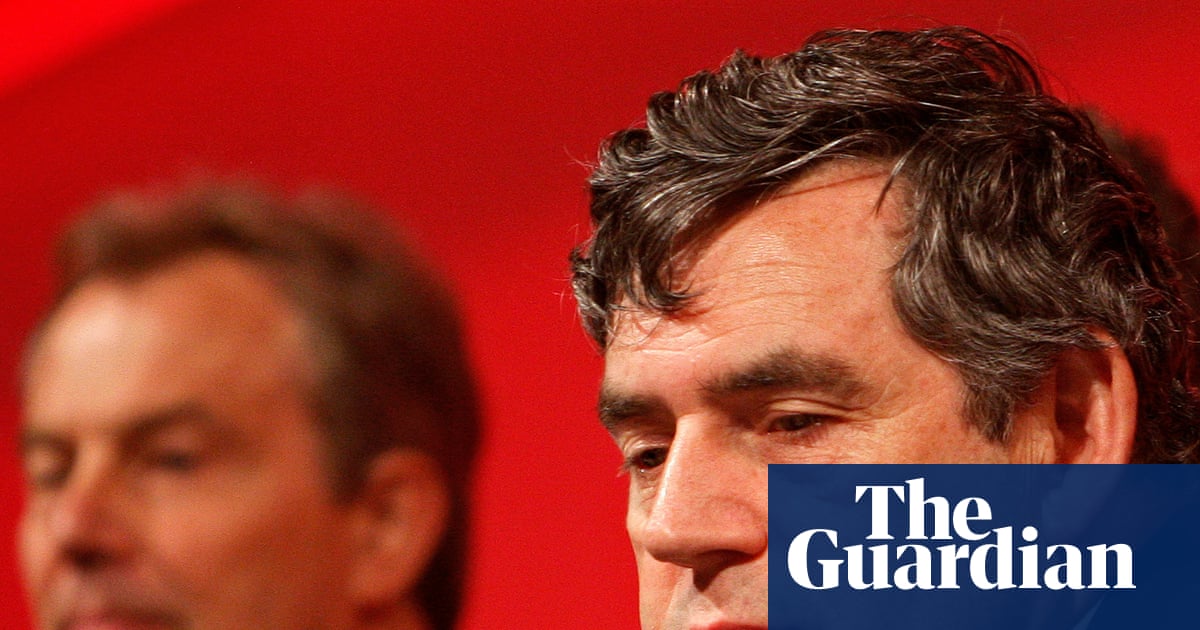The so-called anni di piombo (years of lead) remain a dark memory for Italians of a certain age. The semi-normalisation of political terrorism and mafia hits in the 1970s and 80s blighted civic life, and that brutal past continues to haunt the present. Forty-five years after the fact, a retired police officer has just been arrested in relation to the mafia killing in 1980 of Piersanti Mattarella, the then president of Sicily.
Unsurprisingly, given that history, the blowing up of a car belonging to one of Italy’s most famous investigative journalists has prompted an urgent and angst-ridden debate. Sigfrido Ranucci, who hosts a prime-time show on Rai, Italy’s state broadcaster, is known for presenting hard-hitting investigations into political corruption and organised crime. Earlier this month, a powerful bomb almost destroyed his black Mercedes, which was parked outside his home near Rome. The attack appeared to be timed to coincide with the eighth anniversary of the assassination of the Maltese investigative journalist Daphne Caruana Galizia.
The likelihood is that this was a mafia operation. The winter series of Mr Ranucci’s Report programme – which kicked off this week – will include investigations into the ’Ndrangheta organised crime group in Calabria, which has repeatedly threatened him in the past. He has been receiving enhanced police protection since 2021.
As Mr Ranucci has been quick to point out, however, the freedom of the press in Italy is not only being menaced by mobsters. Vexatious litigation is also on the rise. The Italian prime minister, Giorgia Meloni, immediately expressed her solidarity in the wake of the bombing. Yet her radical-right coalition government has been justly criticised for bullying and harassing the journalists it wishes to silence.
Mr Ranucci, and Rai’s journalism more broadly, have been among the most high-profile targets. Following the broadcast of an investigation into the background of the 78-year-old president of the senate, Ignazio La Russa – a former member of the neo-fascist Italian Social Movement – members of the ruling coalition reportedly demanded that Rai executives crack down on his programme. Mr Ranucci was subsequently hauled before a parliamentary committee, where he was interrogated over Report’s methodology and financing. Senior figures from Ms Meloni’s Brothers of Italy party have taken out lawsuits against other investigative journalists and, in one case, a cartoonist.
Last year, such developments prompted the European Commission to express concerns over the independence of public media in Italy. Rome has also failed to reform its strict defamation laws in accordance with EU legislation designed to prevent vexatious lawsuits. An exasperated Mr Ranucci vented his anger this month by asking rhetorically: “Which is worse: a bomb under a car which in the end hasn’t killed anyone, or politicians who are systematically attempting to silence all journalists?”
The question is unlikely to cut much ice with Italy’s prime minister, who has dismissed allegations of intimidation and censorship as “fake news” propagated by her leftwing opponents. In the wake of the attack on Mr Ranucci’s car, Ms Meloni stated that “the freedom and independence of information are non-negotiable values of our democracies”. But as Italy slips down global rankings for press freedom, and the professional climate continues to worsen for journalists seeking to investigate powerful interests, those values are increasingly under threat on her watch.
-
Do you have an opinion on the issues raised in this article? If you would like to submit a response of up to 300 words by email to be considered for publication in our letters section, please click here.

 2 months ago
73
2 months ago
73




